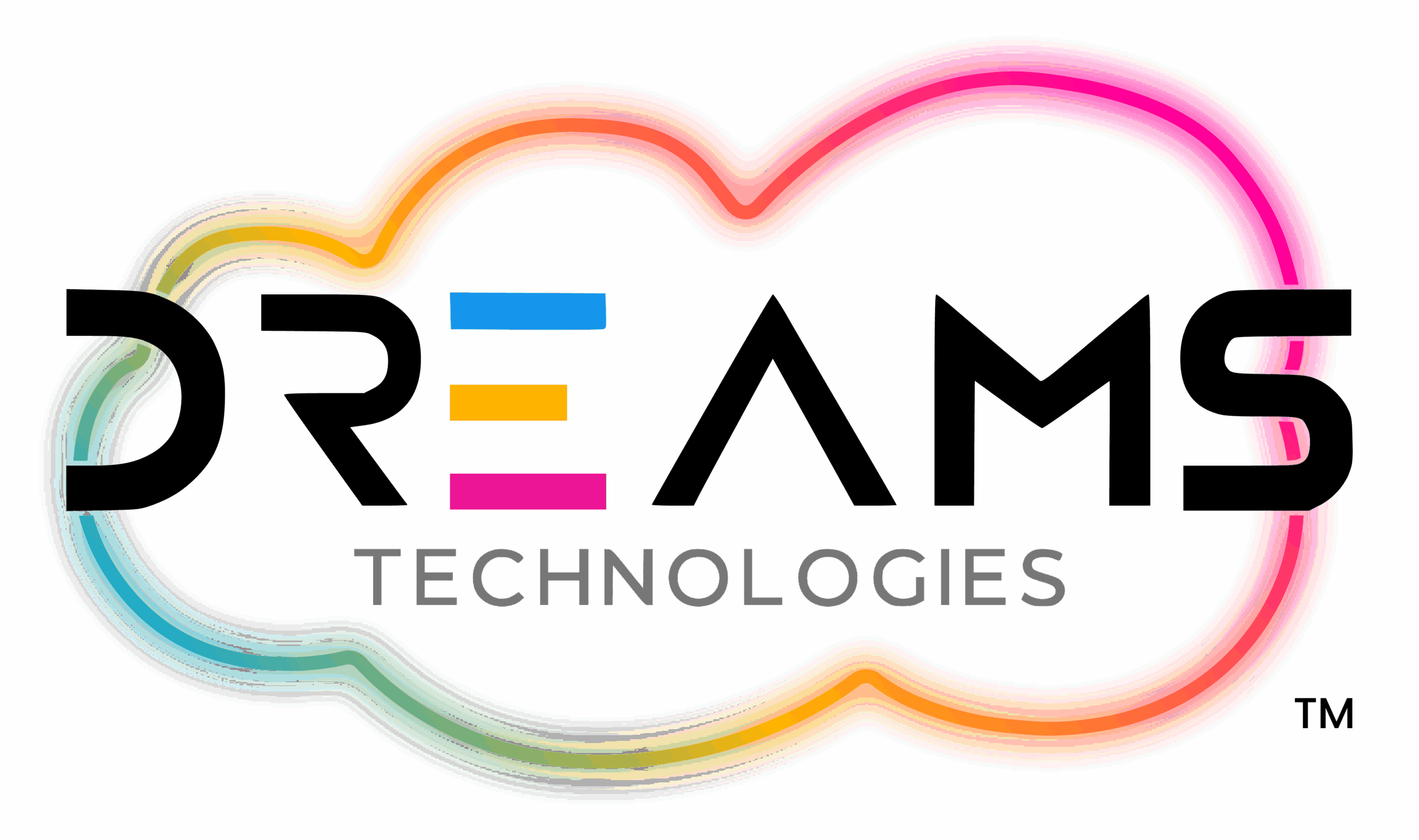
Linkedin : https://bit.ly/48lLlah
How can companies streamline their software development processes while maintaining high standards of reliability and security?
By integrating the agility of cloud computing with the automation and collaboration of DevOps, companies can achieve faster deployments while strengthening their security measures. This approach ensures that security and compliance are not sacrificed for speed, allowing organizations to meet the growing demand for fast, secure, and scalable applications. In this blog, we’ll explore key strategies that companies can adopt to leverage Cloud DevOps for building robust and high-performing applications.
Adopt Cloud-Native DevOps Solutions
Cloud-native applications are designed to leverage the advantages of cloud platforms like AWS, Azure, and Google Cloud. Cloud DevOps solutions offer tools that integrate cloud infrastructure management and DevOps practices seamlessly. For example, using DevOps for cloud infrastructure allows teams to automate deployment, manage configurations, and scale applications more effectively. With cloud-native CI/CD pipelines, businesses can ensure rapid development cycles and continuous integration. Cloud platforms provide infrastructure as code (IaC) frameworks, enabling teams to build repeatable and version-controlled environments. This reduces manual intervention, minimizes human error, and accelerates the software development lifecycle.

Implement CI/CD Pipelines for Faster Releases
CI/CD (Continuous Integration/Continuous Delivery) pipelines are fundamental in any DevOps strategy. They ensure that code is automatically tested, integrated, and deployed with minimal downtime. For cloud-native applications, CI/CD pipelines provide an automated workflow for rapid and secure releases. Setting up CI/CD pipelines for cloud-native applications allows teams to automate testing and deployment across multiple environments, ensuring code quality at every stage. Popular tools like Jenkins, GitLab CI, and Azure Pipelines integrate seamlessly with cloud platforms, helping you maintain consistency across development and production
Best Practices for Secure DevOps in the Cloud
Security is a critical concern in any application development process, especially in cloud environments where vulnerabilities can have widespread implications. To mitigate risks, businesses must adopt DevOps security best practices that focus on securing the entire application lifecycle.
![]() Implement Shift-Left Security: Shift-left security practices involve integrating security checks early in the development process, rather than waiting until the deployment stage. This ensures that vulnerabilities are identified and addressed before they become major issues.
Implement Shift-Left Security: Shift-left security practices involve integrating security checks early in the development process, rather than waiting until the deployment stage. This ensures that vulnerabilities are identified and addressed before they become major issues.
![]() Utilize Automated Security Tools: Tools like Aqua Security, Snyk, and Checkmarx integrate with DevOps pipelines to automate vulnerability scanning, ensuring code is secure before it goes live.
Utilize Automated Security Tools: Tools like Aqua Security, Snyk, and Checkmarx integrate with DevOps pipelines to automate vulnerability scanning, ensuring code is secure before it goes live.
![]() Role-Based Access Control (RBAC): Implementing DevOps security best practices like RBAC helps to restrict access to cloud resources, ensuring only authorized personnel can make changes to critical infrastructure.
Role-Based Access Control (RBAC): Implementing DevOps security best practices like RBAC helps to restrict access to cloud resources, ensuring only authorized personnel can make changes to critical infrastructure.
Strategize for Scalability
Scalability is a key component of Cloud DevOps, allowing applications to handle varying workloads without compromising performance. DevOps for scalable applications involves using tools and strategies that dynamically allocate resources to meet demand. For example, leveraging DevOps cloud infrastructure and auto-scaling features on platforms like AWS EC2 or Kubernetes ensures that your application can scale both horizontally and vertically, depending on traffic and resource needs. This not only improves performance but also reduces operational costs by optimizing resource usage.
Implement DevOps for Cloud Platforms
Cloud platforms offer a wide range of services to streamline DevOps. By utilizing DevOps cloud platforms, teams can automate infrastructure management, configuration, and monitoring to improve efficiency. For example, platforms like AWS offer services like Elastic Beanstalk for managing application infrastructure, Code Pipeline for automating releases, and Cloud Formation for managing infrastructure as code. Integrating these tools with a DevOps strategy allows businesses to achieve faster, more secure, and scalable application deployments.
Examples of DevOps Strategy Implementation
To see Cloud DevOps in action, consider companies that have successfully implemented DevOps strategies for their cloud applications. For example, Netflix, a leader in cloud-native applications, uses AWS for scalability and Jenkins for CI/CD pipelines, enabling them to deploy hundreds of updates daily while maintaining system reliability. Smaller enterprises can adopt similar strategies by integrating DevOps cloud solutions such as GitOps for managing infrastructure as code, ensuring fast rollbacks, and improving overall system uptime.
How Dreams Technologies Can Help with Cloud DevOps
We at Dreams Technologies specialize in providing cutting-edge Cloud DevOps solutions that help businesses accelerate their application development while ensuring top-tier security and scalability. With over 13 years of industry experience, our team offers customized DevOps strategies tailored to meet your unique cloud infrastructure needs. Whether you’re looking to implement CI/CD pipelines for faster releases, improve security through automated testing, or scale your cloud-native applications seamlessly, Dreams Technologies has the expertise to guide you every step of the way. We leverage leading cloud platforms like AWS, Azure, and Google Cloud, alongside DevOps automation tools, to deliver high-performance solutions. Our approach ensures continuous integration, continuous delivery, and enhanced security measures, helping your business stay competitive in today’s fast-paced digital environment. Let Dreams Technologies be your partner in achieving fast, secure, and scalable applications with Cloud DevOps.
Wrap Up
Combining cloud computing and DevOps allows organizations to build faster, more sustainable, and secure applications. By implementing DevOps strategies like CI/CD pipelines, automated security practices, and scalability techniques, businesses can achieve the agility they need to stay ahead of the competition. Whether you’re a startup or an enterprise, Cloud DevOps offers a path to more efficient development and operational workflows, ensuring that your applications are both high-performing and secure.
Connect with Us:
Email: [email protected]
Call: UK: +44-7439482345 | IN: +91-9600008844
Visit Us: dreamstechnologies.com

